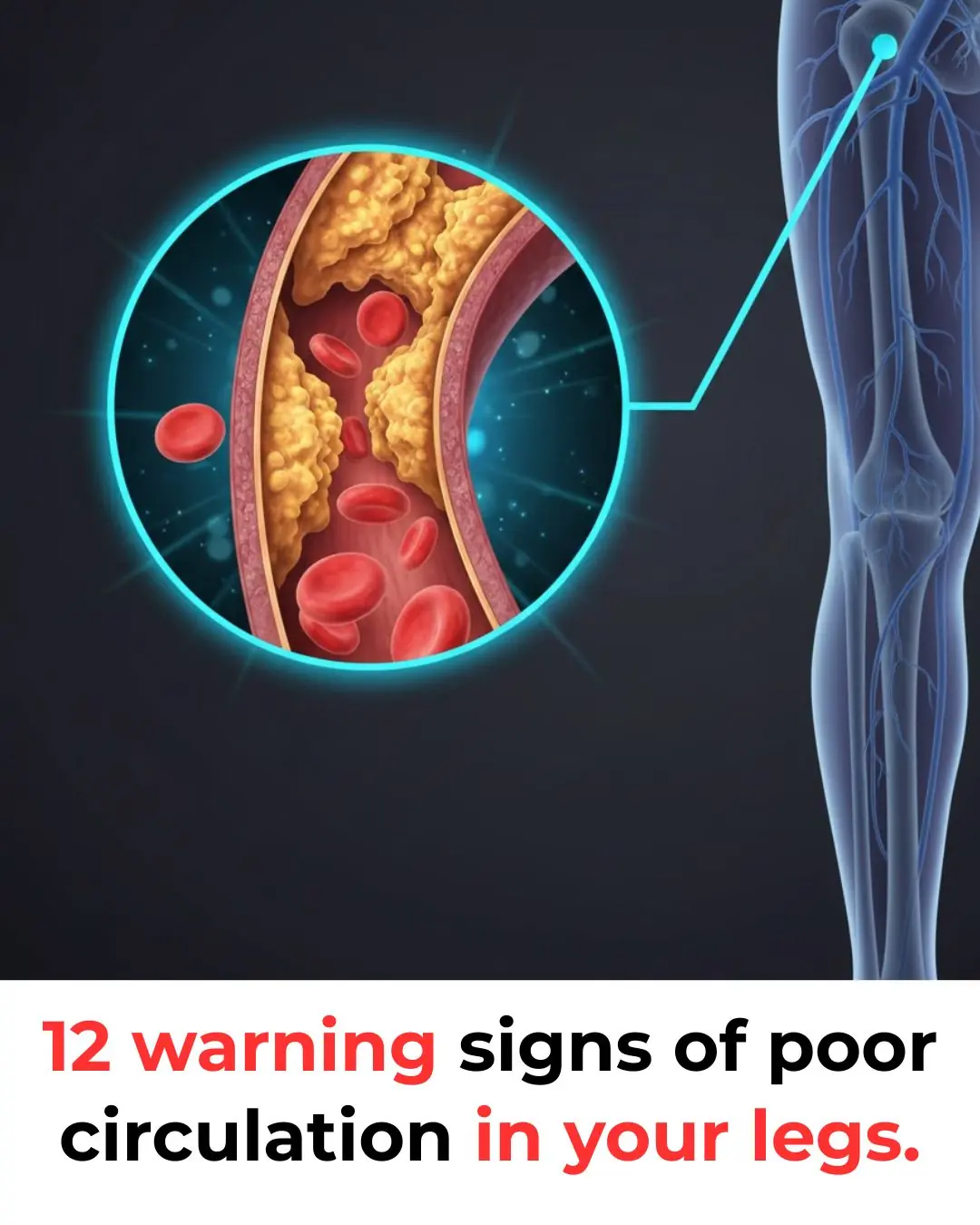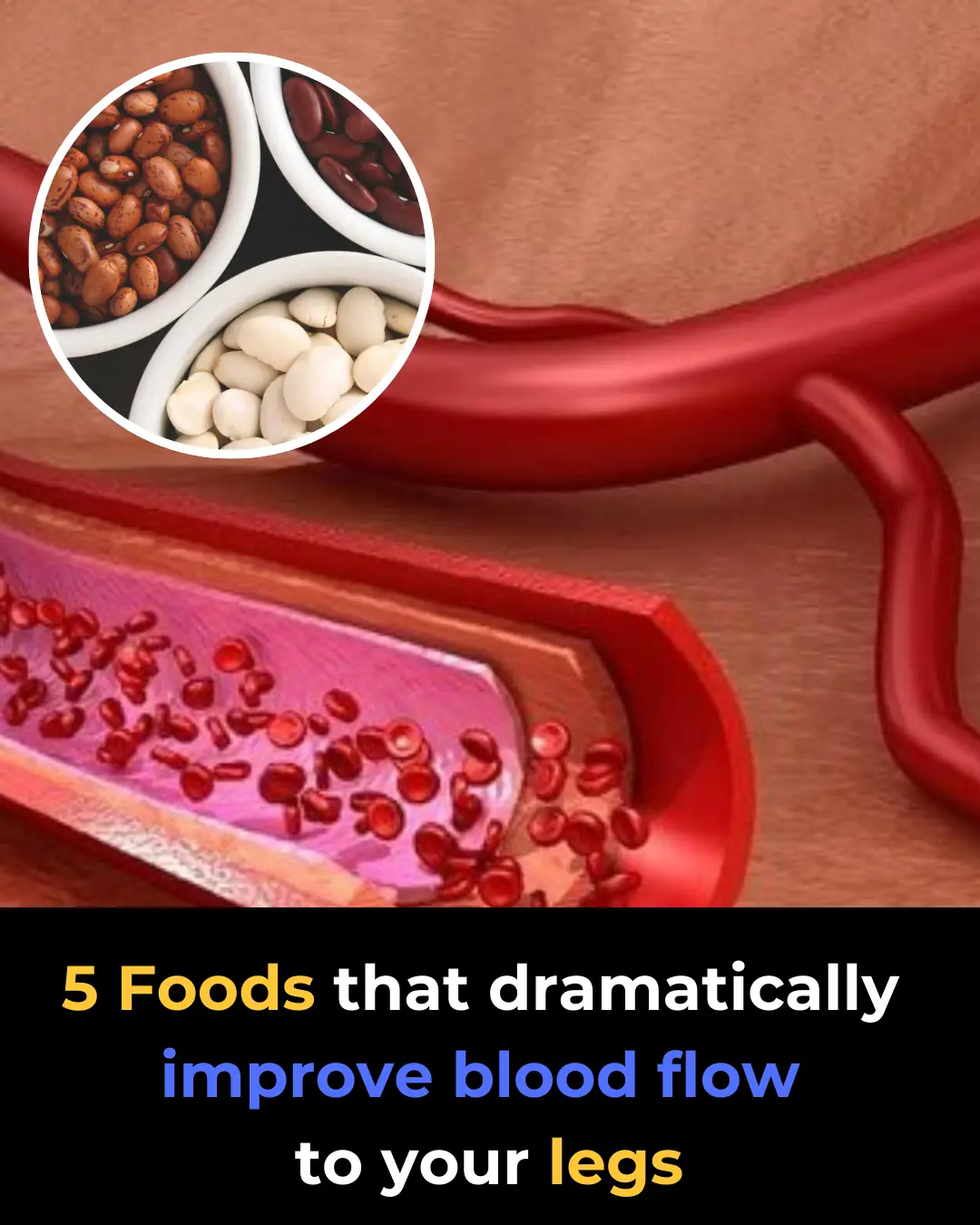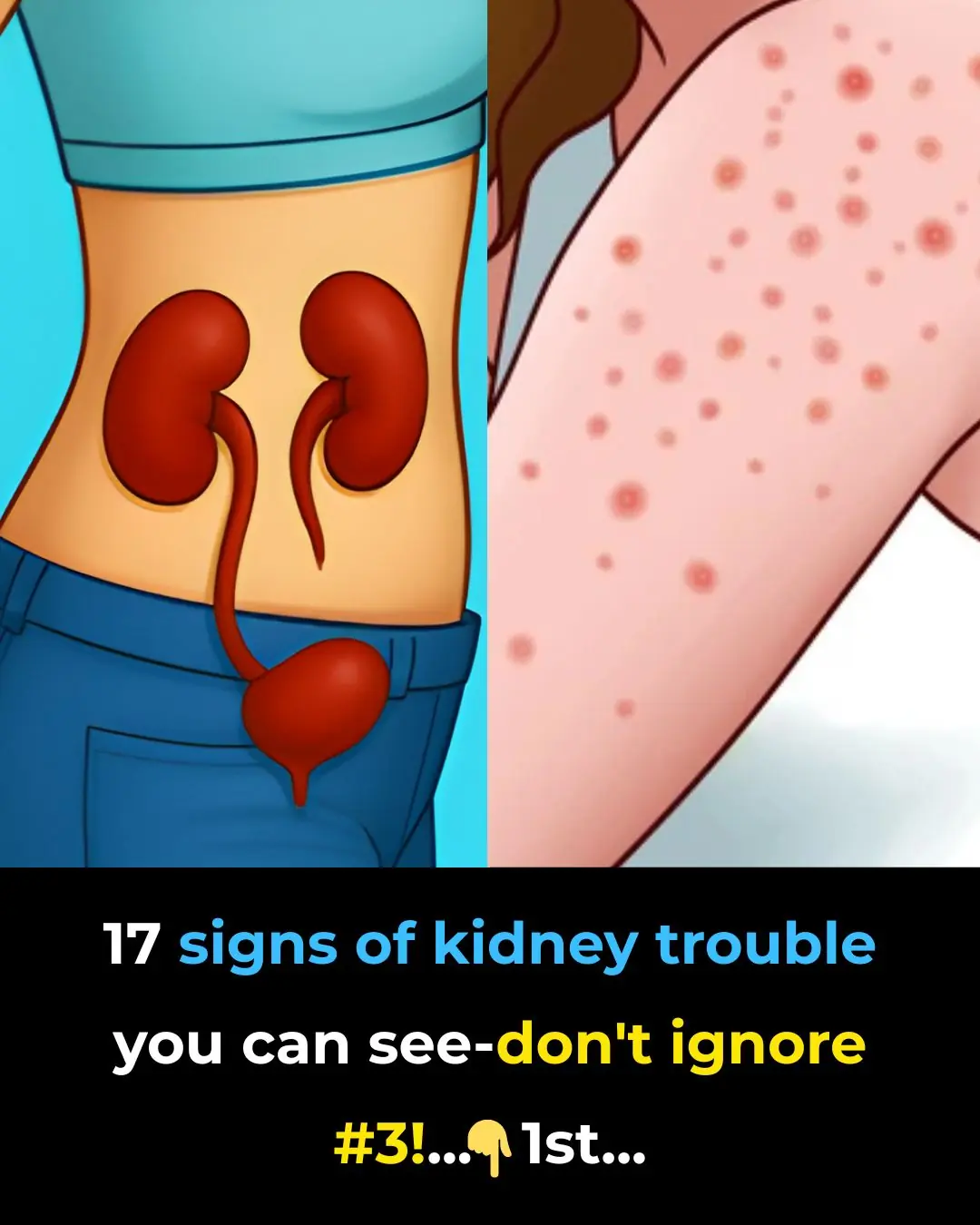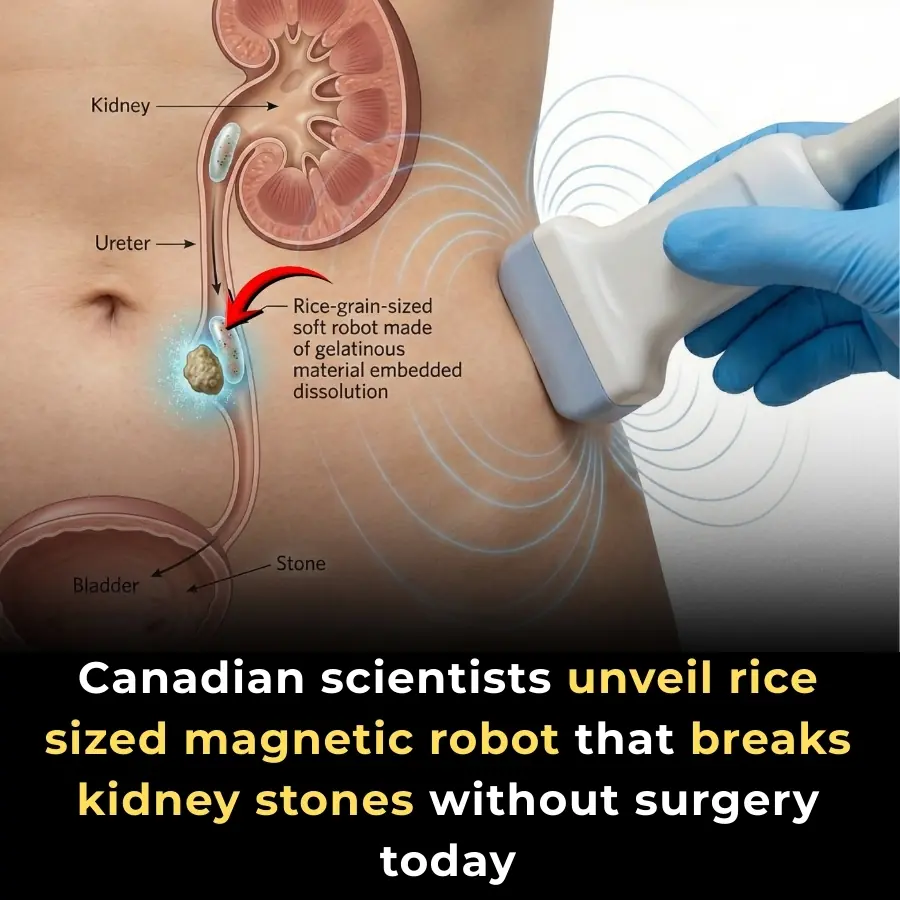
Losing Just 1 Gram of Fat In The Pancreas Will Have THIS Effect On Your Body

Type 2 diabetes, a long-term condition characterized by high blood sugar levels, is often linked to poor dietary choices, excessive sugar intake, and a sedentary lifestyle. While it predominantly affects overweight and inactive individuals, various other factors can also contribute to its development. Currently, it is estimated that about 9 percent of the global population lives with this condition. [1]
In people with type 2 diabetes, the body either fails to produce sufficient insulin to manage blood sugar levels or becomes resistant to the insulin produced, preventing it from effectively regulating glucose in the bloodstream. This dysfunction leads to the high blood sugar levels that characterize the disease.
Weight Loss Can Make a Major Difference
For years, weight loss has been considered an essential strategy for managing and even reversing type 2 diabetes. A recent study in the UK reveals a striking insight: losing even a small amount of fat can make a significant difference, but it is crucial that the fat comes from the pancreas, the organ responsible for insulin production.
This groundbreaking study discovered that fat buildup in the pancreas plays a central role in the onset and progression of type 2 diabetes. In fact, previous research by the same team demonstrated that following a very low-calorie diet could reduce the fat clogging up the pancreas, ultimately restoring normal insulin production and secretion. [2]
"What’s particularly interesting is that the key to reversing type 2 diabetes isn’t necessarily about losing weight overall or body fat in general. Instead, it’s specifically about losing just 1 gram of fat from the pancreas, regardless of how much weight you lose elsewhere,” explained Professor Taylor, the lead researcher behind the study.
Study Methodology and Results
The study followed 18 obese individuals with type 2 diabetes and compared their results with those of a non-diabetic control group, before and after gastric bypass surgery. This surgical procedure, often used as a treatment for severe obesity, is known for helping people lose significant amounts of weight.
Using advanced MRI imaging techniques, the researchers observed that the diabetics had unusually high levels of fat in their pancreas compared to the non-diabetic participants, even when both groups were similarly obese. Interestingly, the non-diabetic individuals did not have excess fat in the pancreas to begin with, and their fat levels remained stable after the surgery.
However, for the participants with type 2 diabetes, the results were striking. After the surgery, they lost an average of 1.2 percent of the fat from their pancreas, bringing the fat levels down to healthy, normal ranges. This reduction in pancreatic fat led to a remarkable improvement in their insulin function.
As a result, many of the participants were able to stop taking their diabetes medications entirely. More impressively, their insulin production and secretion levels returned to normal, meaning that their diabetes had been effectively reversed.
A Simple Yet Powerful Discovery
Professor Taylor emphasized how this finding could simplify the understanding and treatment of type 2 diabetes: “This straightforward explanation could be a strong motivator for patients to lose weight. It gives them a clear, actionable goal—losing that tiny amount of fat from the pancreas—without requiring drastic changes to their overall body weight.”
He continued, “But this also opens up exciting avenues for future research. If we can develop a way to prevent fat from accumulating in the pancreas in the first place, we might have the key to permanently reversing the disease.”
This study provides hope for millions of people living with type 2 diabetes, as it suggests that even modest weight loss targeted at the pancreas could have a profound impact on the disease's progression. It also underscores the importance of further research into how to prevent fat accumulation in critical organs like the pancreas.
A Look Ahead
While this research offers promising insights, there is still much to learn. The idea of specifically targeting fat accumulation in the pancreas could lead to new treatments or preventive measures that could help people manage or even reverse type 2 diabetes more effectively. Given that the disease is already a global health crisis, with cases continuing to rise worldwide, these discoveries could be a crucial part of future medical advancements.
In the meantime, experts agree that lifestyle changes such as maintaining a healthy weight, eating a balanced diet, and staying active remain essential for managing type 2 diabetes and preventing its onset. This study, however, brings a fresh perspective to the table: that small, strategic changes—like removing just 1 gram of fat from the pancreas—could make all the difference in reversing a chronic and debilitating disease.
News in the same category


The best way to lower blood pressure fast!

Top 12 Symptoms of Poor Blood Circulation in Legs

5 Serious Health Problems Your Nails Could Be Trying to Warn You About

How to Get Rid of Bad Breath (Halitosis): Scientifically Proven Home Remedies

Got High Blood Pressure? Try This 2-Ingredient Tea!

5 Foods That Dramatically Improve Blood Flow to Your Legs

Doctors warn: Statins may deplete vitamin K₂ and raise your risk of dangerous artery calcification

The step-by-step plan to drop 30 pounds quickly in 2025

7 Surprising Health Benefits of Cloves for Men

The Medicinal Powers of Turmeric That Doctors Rarely Mention

The Best Natural Gout Treatments: Remove Uric Acid Crystallization To Prevent Gout And Joint Pain

How to Tell If You Have Intestinal Parasites and What to Do About That

People Who Eat 3 Eggs Every Day Are Noticing This Crazy Difference

Why Your Hands or Arms Fall Asleep at Night and What To Do

6 fruits that help your body fight cancer cells naturally

17 signs of kidney trouble you can see—don’t ignore #3!

Have you noticed small white spots on your arms or legs… and you don't know what they are?

Never Toss Banana Peels Again: The 2,000-Year-Old “Trash” Trick That Erases Wrinkles, Heals Scars, Whitens Teeth & Drops Blood Pressure Overnight
News Post

Study Finds Parents Show More Affection to Daughters Than Sons Worldwide

US Researchers Develop Ultra-Light Metal Foam That Stops Armor-Piercing Bullets

🛁 Say Goodbye to the Shower: Japan Unveils the 15-Minute "Human Washing Machine"

Fingerprint Individuality: A Story Written by Biology, Environment, and Chance

Northwestern Study Reveals Hidden Dangers in Youth Skincare Influencer Culture

Japanese Scientists Launch Human Trials for TRG-035, a Drug That Could Regrow Lost Teeth Naturally

Scientists Discover a Brain Receptor That Acts as a Natural Shield Against Alzheimer’s

A Fluorescent Breakthrough: New Dye Helps Surgeons Precisely Target Prostate Cancer

The Shocking Secret of Spider Flight: How Electric Forces Lift Them Into the Sky

When a Humpback Whale Became a Hero: The Extraordinary Rescue of Marine Biologist Nan Hauser

🤯 Beyond the Void: How Quantum Physics Suggests the End of Life Is an Illusion

Mauro Morandi: Living 33 Years in Complete Solitude on a Remote Italian Island

🧠 Medical Marvel: The Bullet That Accidentally Cured Severe OCD

One simple scoop a day can spark full-body healing — here’s what happens next

Twenty-Year-Old Nokia 3310 Still Holds 70% Battery, Highlighting the Longevity of Early Mobile Phones

Magnetic Rice-Sized Robot Could Revolutionize Non-Invasive Kidney Stone Treatment

4 Unusual Morning Pains You Should Never Ignore — They May Signal a Hidden Tumor

Quick & Easy Freezer Defrost Hack: Melt Ice in Just 5 Minutes with Zero Effort

A Love That Never Looked Away — The Story of Ron and Cheryl.
